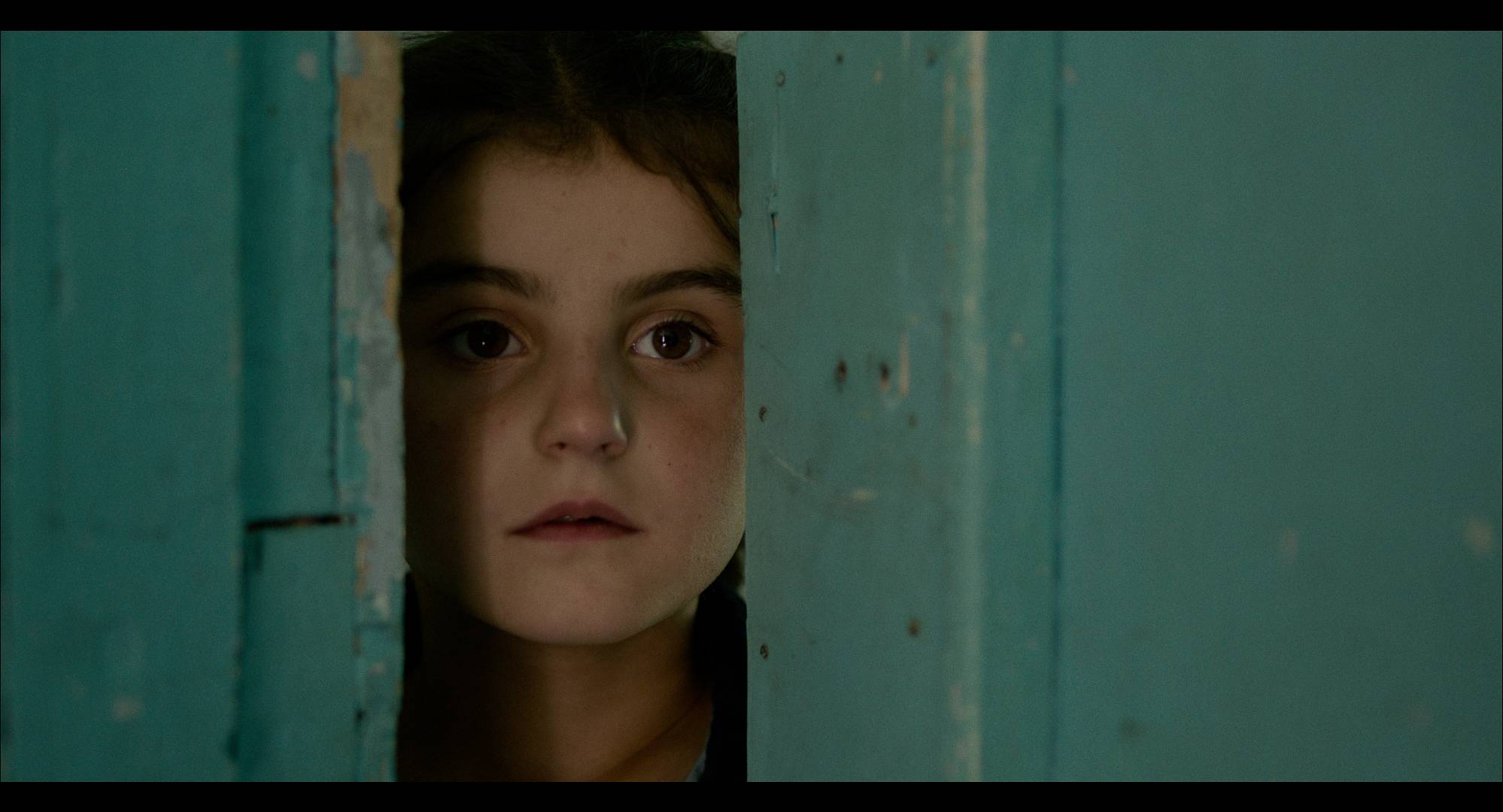Another Birth
Another Birth
VERDICT: New York-based Tajik-American filmmaker Isabelle Kalandar bows in competition at Busan with 'Another Birth', a mesmerising rite-of-passage drama bolstered by poetry, picturesque landscapes and a powerful turn from its child actor.
A fatherless child comes of age through her observations of the cycles in nature and of human existence in Another Birth, Isabelle Kalandar’s metaphorically and literally poetic first feature. Inspired by the work of Iranian feminist author-cineaste Forugh Farrokhzad, whose verses are recited by its cast both on and off-screen throughout, Another Birth spawns a wealth of magnificent images which allows the film to transcend its simple, narrative-free premise.
Designed as the first of an “Exile Trilogy” – the second installment, tentatively titled Life Says: Still We Must Live, is already in post-production – Another Birth diverges from past festival-acclaimed Tajik films by veering away from the bleak realism proffered by (male) auteurs in the 1990s and 2000s such as Bakhtyar Khudojnazarov or Jamshed Usmonov. Backed by funding from the Doha Film Institute and featuring the input of with a Berlin-based DP and production designer, Columbia-educated Kalandar transforms the rugged terrain of rural Tajikistan into a land of possibilities and perils for a wide-eyed yet resilient eight-year-old.
The title alludes, partly, to the first scene of the film in which a writhing woman is seen going through a painful childbirth. The point-of-view is that of Parastu (the wonderful Shukrona Navruzbekova), a young girl somehow much more mature in terms of her sensitivity about her surroundings than her years would suggest. While her friends get excited about watching an animation movie on perhaps the only television set in the village, Parastu is keen to reflect about the beauty and melancholy of her world.
Through ajar doors, cracks in walls or curtains fluttering over windows in the night, Parastu bears witness to the beginnings and endings of human existence, and the pain and heartbreak punctuating lives in the middle of nowhere. It’s a worldview imposed on her by her mother Parvin (played by the director herself), who forces the girl to memorise Farrokhzad’s “I Pity the Garden” and “Let Us Believe In the Dawn of the Cold Season”, two poems denoting the resilience and revolutionary potential of those who, like her, are “withering away in sorrow” as an abandoned, ostracised woman.
Saddened by her mother’s pain and the constant craving of her grandfather (Niezmamad Navruzbekov) for a missing son, Parastu roams the land and sets off with her best friend Guliston (Shoira Abdulgaezkhonova) to look for a mythical spirit that could rejuvenate her loved ones. Through their small expeditions, the world opens up for them and for the viewers: Janis Brod’s camerawork (with additional input from Vladimir Usoltsev) presents Tajikistan’s Shakhdara Valley in the most lyrical of ways.
Among such scenes is one set on a tree-laden footpath where Parastu strikes up a conversation about art and matters of the heart with a mysterious old man (referred to as the “Wise Man” in the credits, and played by Mamadmuso Mamadaliev). As they leave behind them a valise filled with books and then walk into the distance, the camerawork evokes the beauty of a late-Tarkovsky long shot. But even simpler things in the character’s milieu, such as the tilling of the land or the making of bread, are evocative.
The source of the enigmatic Parvin’s solitude and shame will eventually be revealed towards the end of the film, but the beating heart of Another Birth is Parastu: to quote Farrokhzad, she’s the young, yet-untarnished hero trying to rewrite the “history of histories” weighing down on her family and forsaken village. Young Shukrona manages to evoke at once the curiosity and the courage of her character, making Parastu a paragon for change in a society where nothing ever seems to change. It’s an allegory that chimes perfectly with Farrokhzad’s audacious cri de coeur, half a century past.
Director, screenwriter, executive producer: Isabelle Kalandar
Cast: Shukrona Navruzbekova, Isabelle Kalandar, Shoira Abdulgaezkhonova
Producers: Isabelle Kalandar, Shahnoz Eronshoh
Cinematography: Janis Brod, Vladmir Usoltsev
Editing: Kseniia Filippova, Aleksei Reidel
Production design: Marie Parakenings, Elizaveta Dzutseva
Music: Noah K, Rosie K
Sound designer: Alexandre Kuzin
Production company: IZK Films
Venue: Busan International Film Festival (Competition)
In Tajik
66 minutes

